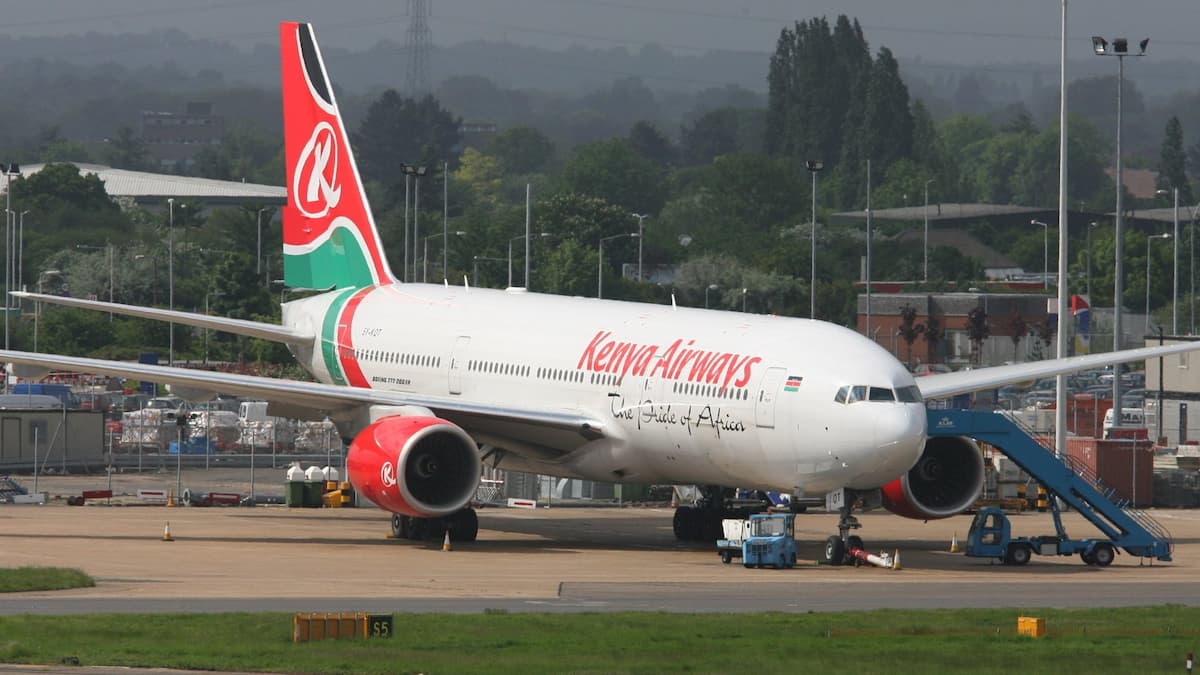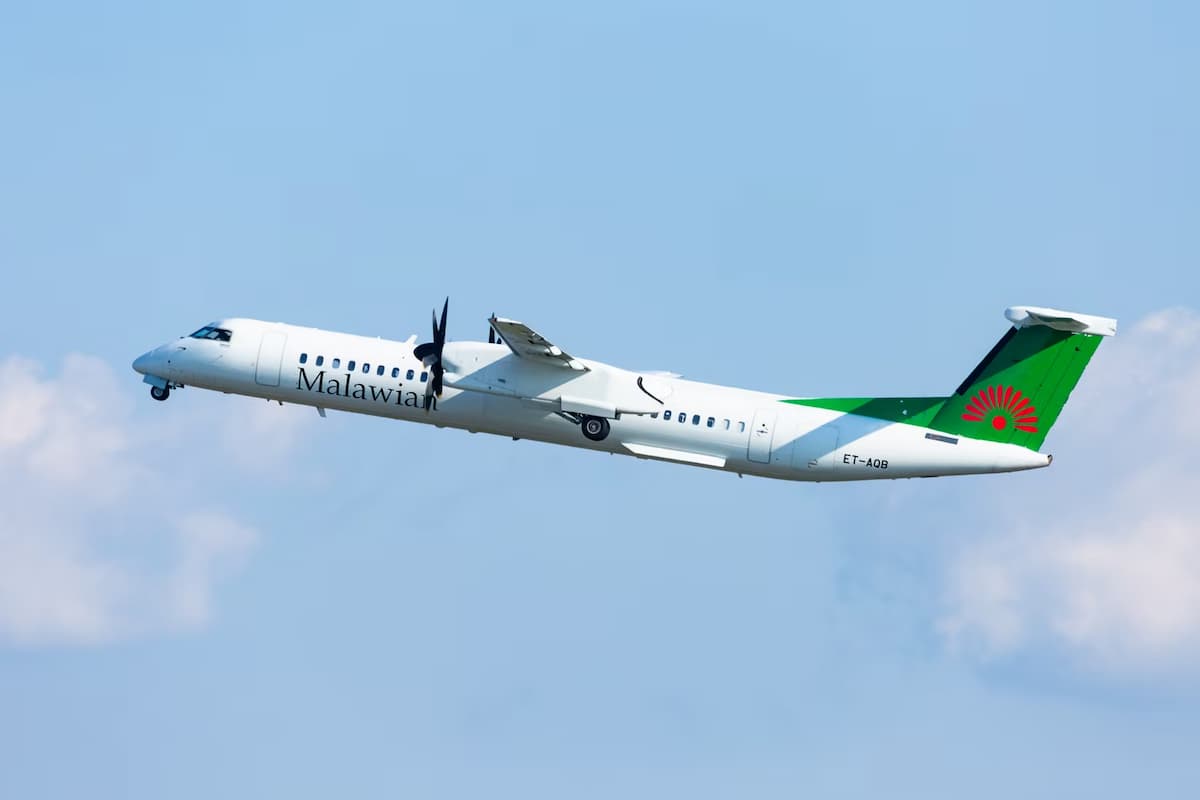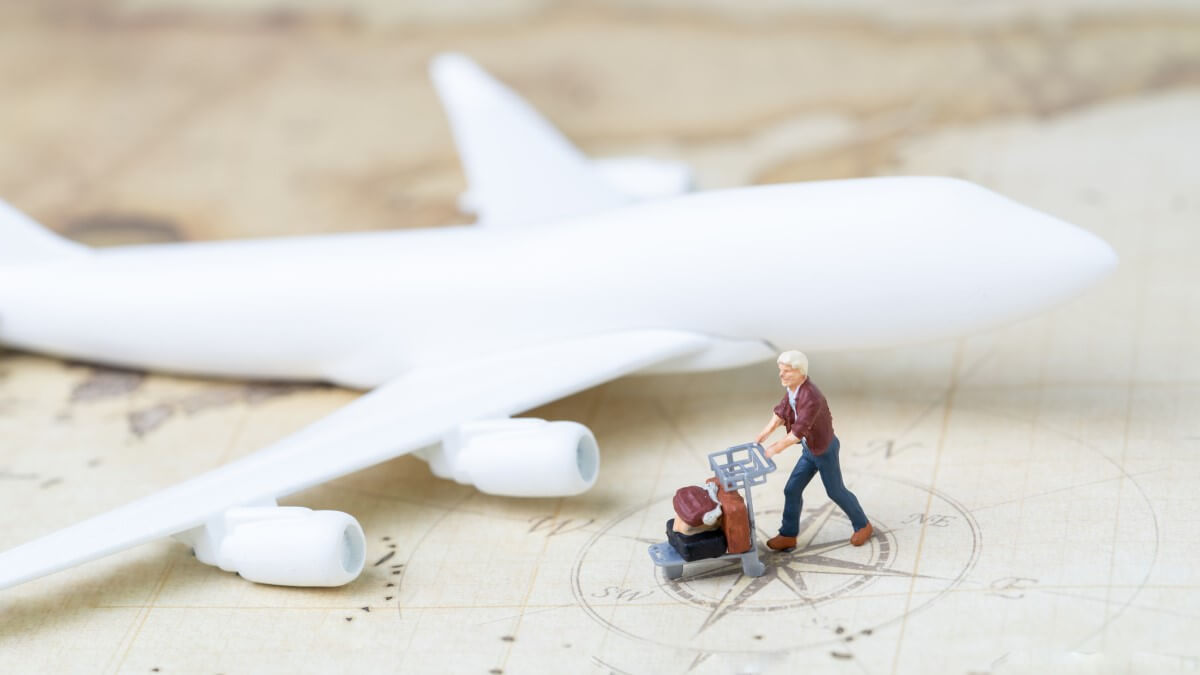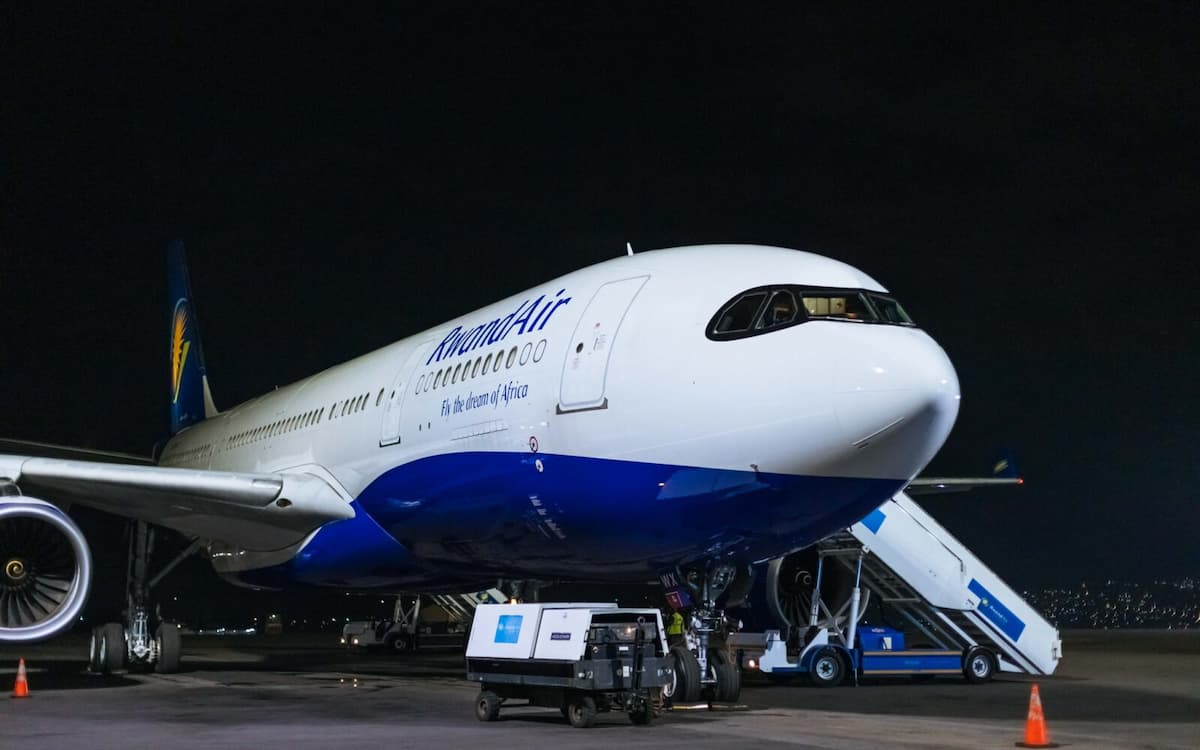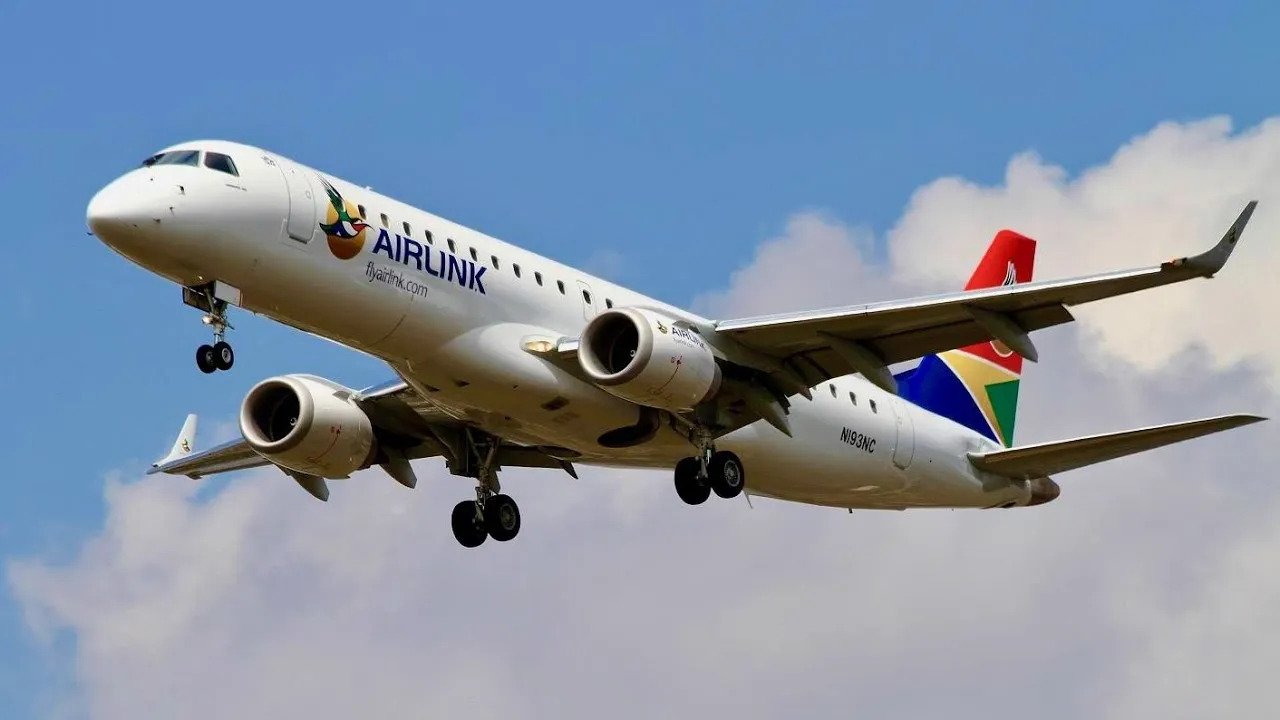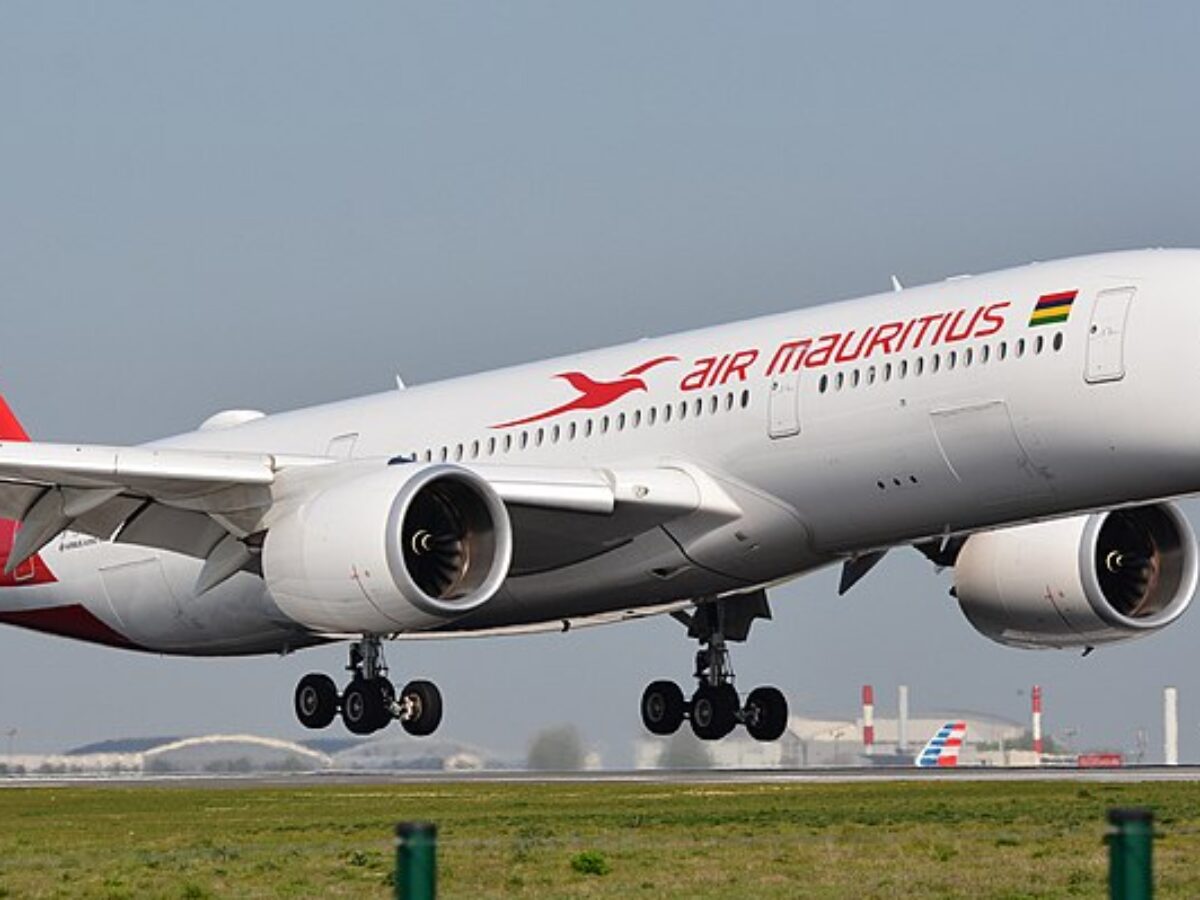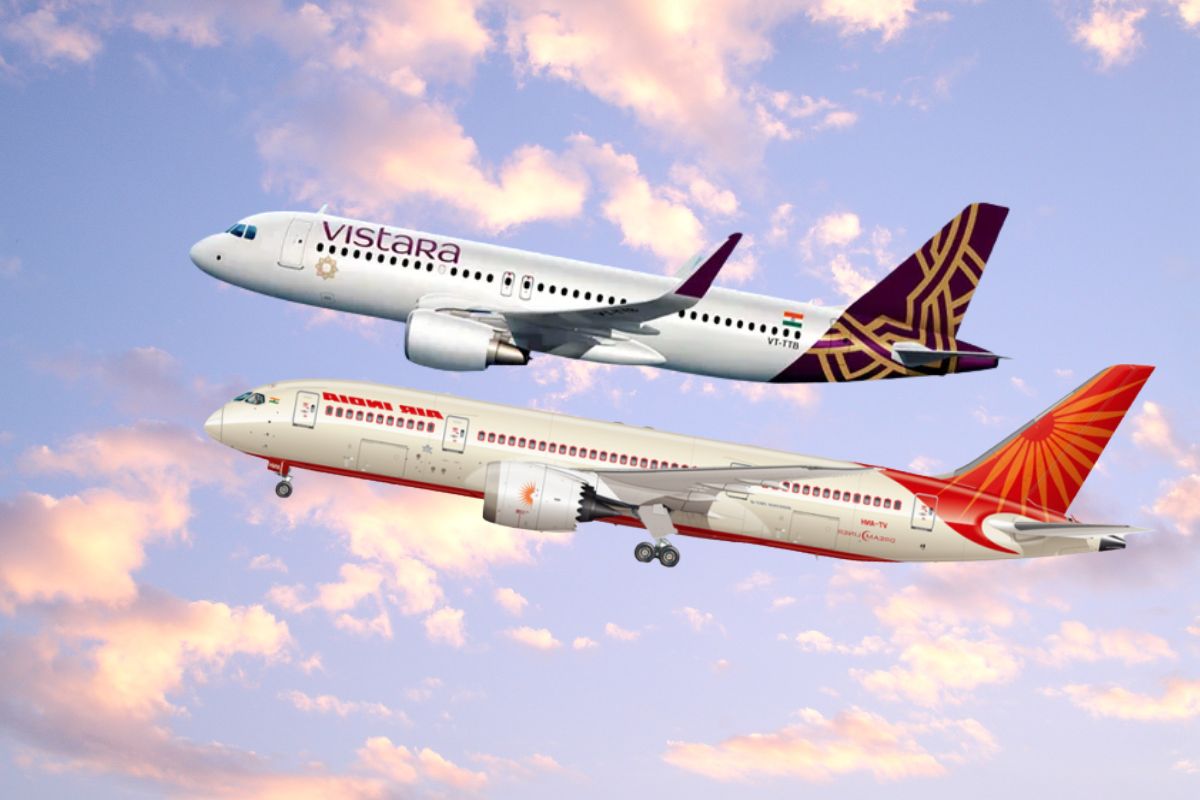RwandAir continues to expand its global reach and has spread its wings further by signing a codeshare agreement with Turkish Airlines. The new partnership, inked on April 11, will offer RwandAir customers more travel choices, convenience, and connectivity both from Kigali International (KGL) and Istanbul International Airport (IST). The codeshare comes at a time when the Kigali-based carrier is expanding its operations and establishing itself in the long-haul market.
Access to an extensive network
Turkish Airlines is one of the world’s leading carriers with the most extensive route network. The airline operates flights to over 300 destinations worldwide and over 50 in Africa, connecting them with the rest of the world. In April and May 2023, Turkey’s flag carrier will be operating seven flights a week to Kigali.
RwandAir customers traveling from Africa will have access to Turkish Airlines’ vast network across five continents. Similarly, passengers flying on Turkish Airlines will have access to RwandAir’s intra-Africa network to reach even more cities.
RwandAir is Africa’s fastest-growing airline, providing safe and reliable services in the air transportation industry. The new codeshare with Turkish Airlines is a significant opportunity for growth. RwandAir CEO Yvonne Makolo said,
“We are incredibly excited to have signed this new codeshare agreement with one the world’s largest and leading carriers, Turkish Airlines. This landmark move will not only allow our customers to access the 124 countries served by Turkish Airlines, but will improve connections for inbound travelers to Africa via our extensive continental network.”
Turkish Airlines is recovering well from the effects of the pandemic, as the latest statistics show. In March, the airline carried about 6.1 million passengers, a 27.5% increase compared to March 2022. In the first quarter, the airline lifted about 17.1 million passengers, a significant increase from the same period last year.
Africa and the global market
Many international airlines continue to add destinations in Africa and increase frequencies on current routes. Africa is leading in the recovery from the pandemic, which airlines can leverage to increase their services to and from the continent.
Consolidation and partnerships like the codeshare between RwandAir and Turkish Airlines give global travelers better access to the African market. This will boost trade, tourism, and economic activity and help unlock the continent’s great potential.
Rwanda’s flag carrier also has strategic partnerships with Qatar and British Airways. It continues to explore commercial opportunities to strengthen its global presence and maintain its relationship with the African customer base. Yvonne Makolo added that,
“RwandAir is always exploring new commercial opportunities to expand its reach into markets which can deliver financial return and benefit our growing customer base.”
The airline aims to link Rwanda with the rest of the world while operating aircraft and other equipment maintained to the highest international standard. To expand its network and serve its new destinations, the airline recently took delivery of a third Airbus A330. The aircraft has been deployed on its international routes.
Source: Simple Flying


